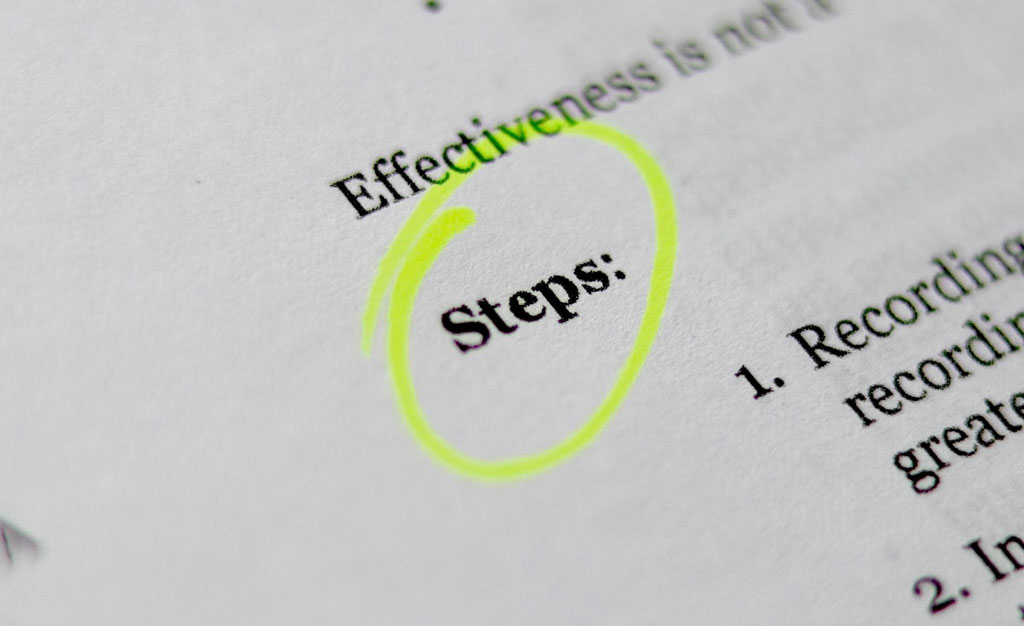For many owners, selling a business is a once-in-a-lifetime event. That’s why having an experienced M&A advisor, or business broker on your team is important; we can help save you time, money, and stress as you navigate the sale of your business. Here’s how the process works.
Pre-listing
The first stage is the pre-listing process. We specialize in retirement sales, and we work with the owner to determine whether this is the right decision right now.
We’ll look at whether the timing is right – is the owner ready to retire? What are his or her plans after the sale? Is he ready to leave the business, along with his identity as an owner, behind? We want to make sure he doesn’t seem likely to change his mind several months down the road.
We’ll also ask about the owner’s expectations from the sale. Is the figure he hopes to get from the business reasonable? Is it adequate to fund his retirement for his lifetime? We’ll ask the owner to consult with his financial planner and accountant to understand the tax implications and other factors that might influence his decision to sell. We have a wide network of professionals to assist sellers and and make introductions as needed if the seller does not already have a team in place.
Finally, we’ll look at whether this listing is a good fit for our firm and our experience. We want to make sure the business is viable, and the owner is motivated. We’ll offer a broker’s opinion of price and make sure it meets the seller’s expectations. If there’s a gap between the business’ probable selling price and the seller’s needs, we can develop a plan to create more value over a year or two before listing it for sale.
Packaging The Business For Sale
The next stage of the process is packaging the business for sale. We’ll develop a Confidential Information Memorandum (CIM) with information about the company and create a targeted and confidential marketing campaign. (We don’t list the business name, just general information for prospective buyers.) It’s important that we are prepared to be open about any risks associated with the business; if we can’t fix an issue before listing, we’ll let a prospective buyer know about it, so there are no surprises later that leads to renegotiating the deal. An informed buyer is more likely to close the deal on the agreed up on terms.
Outreach To Buyers & Marketing
We’ll also do proactive outreach to strategic buyers in the industry and private equity firms that may be a good fit.. Many owners might consider an acquisition but aren’t actively looking because they’re too busy running their own companies. They might be very good prospects if we can capture their attention. So we spend a lot of time making cold calls, mail and email marketing, and presenting the listing to passive prospects to help them understand how this acquisition could be a great way for them to expand their business and benefit from the synergies of combining the two businesses
Once we have a pool of potential buyers, we’ll present what we consider to be the best prospects to the seller so he can decide who he’s most comfortable working with. We don’t want to waste his time with too many individuals; we do the pre-screening so the owner can focus on running his business.
During the marketing process, we’ll also be working with lenders to pre-qualify the company and see what financing might be available. Although market conditions can change, we’ll have a t least a preliminary term sheet that will give us an idea of what a buyer might expect in financing costs. We’ll also be talking to the landlord about the sale since the transfer of leases is an important part of the process and may require negotiation.
Soliciting Offers and Negotiation
The next phase of the process is soliciting and evaluating offers. We start with an Indication of Interest (IOI) as a first informal step, or a Letter of Intent (LOI) from one or more of the buyers. The LOI is a non-binding document that outlines the general terms of the sale. Some of the terms of the LOI such as confidentiality, exclusivity, etc. are often binding. This is an important stage where most of the negotiation takes place and it sets up the framework for an Asset or Stock Purchase Agreement which will come further along in the process. After the buyer and seller agree on the terms and finalize the LOI, the due diligence period begins. That’s the process for both buyer and seller to investigate each other’s viability and see if the sale is the right fit for them both. They’ll be answering any questions, assessing risk, and working out any issues that may come up.
Due Diligence
Depending on the complexity of the business and the responsiveness of both parties to requests for information, the due diligence process can take 30 to 60 days. This is another time when a broker can be a tremendous asset. We keep both parties engaged and help them access the information that they need, and facilitate the appropriate disclosure process. We can help our client ask the right questions, and respond appropriately and timely.
Financing & Closing
When the parties come to terms, we’ll get attorneys involved to draw up the purchase agreement, which is then legally binding.. We’ll make sure the seller’s interests are protected during the process.
The lender will take time to assess the business and its assets and evaluate the financial viability of the buyer. This process includes appraisers and other professionals, so it can take 30 to 60 days before we’re ready for the closing.
The sale of your business is a complex, choreographed dance that can take as long as six to nine months to complete. A broker will help keep the process moving, keep the parties engaged and the relationship strong, and help resolve issues that may come up. Finding the right broker for your sale will be one of the most important decisions you make.


